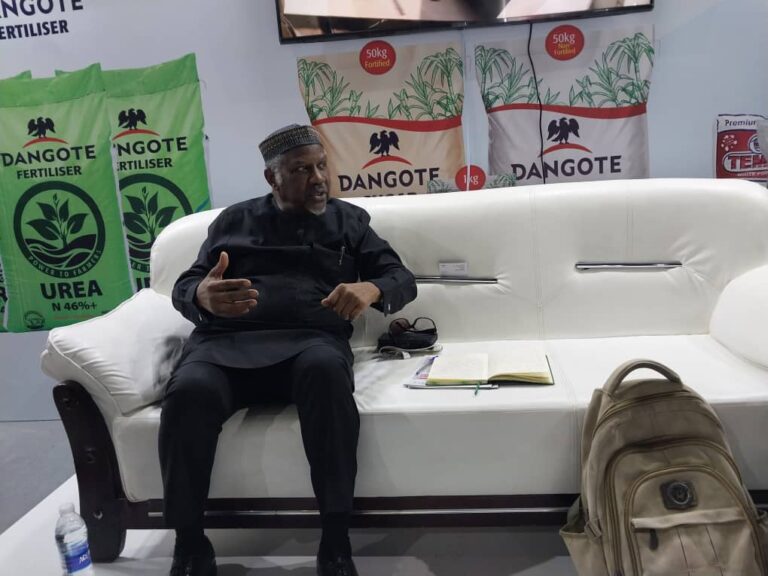Sine qua none for Africa’s economic transformation-PAMA President

![]()
…Says increased manufacturing activities holds the ace

Manufacturing remains the sine qua non for economic transformation of Africa, according to the Interim President of Pan African Manufacturers Association (PAMA), Engr Mansur Ahmed, who also noted that vigorous expansion of manufacturing activities was very imperative to rid the continent of ravaging poverty and under development.
Mansur who spoke at the 2nd Executive Committee Meeting and Re-launch of PAMA on the Side-line at ongoing the Intra-African Trade Fair (IATF) in Egypt on Tuesday, 14th November, 2023, regretted that intra-African trade is still very to launch the continent into global economic reckoning.
“The road to “The Africa We Want” remains lengthy and arduous, with intra-African trade still below 18%, and Africa’s global trade contribution at a mere 4%. Many African economies struggle with underdevelopment, low productivity, and minimal value addition, leaving a large portion of the population in poverty.
“To change this narrative, transformation is required across every sector, but one sector stands out as critical for economic growth: manufacturing,” he said.
According to the PAMA President, “in the modern global economy, manufacturing accounts for around 70% of global trade and more than 30% of service jobs.
“To achieve the goals of Agenda 2063, African manufacturing must undergo a transformation and expansion, which is no easy feat and cannot be left to chance.
“Both the public and private sectors must make sustained efforts to successfully implement AFCFTA and attain Agenda 2063’s objectives. Institutions like Afreximbank, AFDB, AFC, and others are already playing crucial roles in this effort, but it’s essential for the private sector, particularly African manufacturers, to engage actively in fostering the necessary collaborations and partnerships for sector integration, expansion, and diversification.”
For Mansur, this is where PAMA must play a more prominent role in promoting the growth of the African manufacturing sector. The idea of PAMA was conceived in 2018, thanks to unwavering support of H.E Commissioner Albert Muchanga and his foresight. He promoted PAMA and superintended the establishment of an interim committee to bring it to fruition. Unfortunately, the COVID-19 pandemic and its aftermath hindered the effectiveness of the interim team’s efforts, and the lack of institutional platforms in most African countries posed challenges. Nonetheless, ongoing efforts aim to engage as many manufacturers associations; manufacturing industries and other major companies as possible.
So, how can PAMA contribute to the growth of the African manufacturing sector?
He itemised the following as the way out
1. Unite Private Entrepreneurs,
2. Research and Knowledge Sharing,
3. Advocacy for Policy Improvements,
4. Staying Informed
5. Promoting Investment
6. Engaging the Business Council.
7. Collaboration with Development Partners
8. Academic Collaboration
9. Promoting Sector Growth
10. Technology Transfer and Innovation Hubs
According to Mansur, “By uniting stakeholders, fostering innovation, and advocating for favourable policies, PAMA will help realize the vision of a vibrant and globally competitive African manufacturing industry.
“Through these activities, PAMA will serve as a vital platform for accelerating the development of African manufacturing, effectively implementing AFCFTA, and achieving the objectives of Agenda 2063. Together, we can propel the continent towards the brighter future envisioned in “The Africa We Want.”




